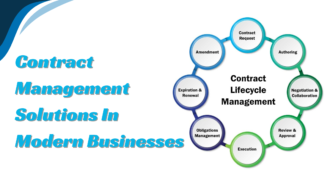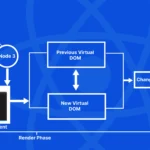Navigating the Heart of the Workplace: Understanding the Role of HR
In the intricate tapestry of modern businesses, the Human Resources (HR) department stands as the silent architect, weaving together the threads that bind an organisation.
While often perceived as the custodian of policies and paperwork, HR plays a multifaceted role in shaping the culture, fostering talent and ensuring the overall well-being of both employees and the business.
Strategic Partner in Company Growth
At its core, the HR department serves as a strategic partner, aligning the workforce with the organisational goals. By collaborating with leadership, HR professionals design and implement policies that drive productivity and innovation.
They are instrumental in workforce planning, identifying skills gaps and crafting recruitment strategies to bring in the right talent to propel the company forward.
Talent Acquisition and Recruitment
One of the pivotal functions of HR is talent acquisition. HR professionals are adept at sourcing, screening (such as performing criminal history checks) and selecting candidates who not only possess the required skills but also align with the company culture.
The recruitment process involves creating enticing job descriptions, conducting interviews and negotiating employment terms. Through these processes, HR ensures that the organisation is staffed with individuals who contribute positively to the work environment.
Employee Onboarding and Development

HR is the guiding hand during the critical onboarding phase. From introducing new hires to the company culture to providing essential training, HR ensures a smooth assimilation into the organisation.
This extends beyond initial orientation, as HR remains committed to fostering continuous learning and development opportunities for employees. Training programs, mentorship initiatives and career development plans are all part of the HR arsenal to nurture a skilled and motivated workforce.
Employee Relations and Conflict Resolution
In the complex web of workplace dynamics, conflicts are inevitable. HR acts as a mediator, resolving disputes and fostering a harmonious work environment.
By providing a platform for open communication, HR professionals help address grievances and concerns, ensuring that the workplace remains a space where employees feel heard and valued.
Performance Management and Appraisals

The HR department is instrumental in designing and implementing performance management systems. This involves setting clear expectations, conducting regular evaluations and providing constructive feedback to employees.
Performance appraisals not only assess individual contributions but also serve as a basis for identifying areas of improvement and planning future career trajectories within the business.
Employee Benefits and Well-being

HR takes a holistic approach to employee well-being by managing benefit programs. From health insurance and retirement plans to wellness initiatives, HR aims to create a supportive environment that prioritises the physical and mental health of employees. This not only contributes to employee satisfaction but also enhances overall productivity.
Compliance and Legal Matters
Navigating the legal landscape is a crucial aspect of HR responsibilities. HR professionals stay abreast of labour laws, regulations and compliance requirements to ensure the organisation operates within legal boundaries. This includes managing issues related to discrimination, harassment and workplace safety.
To Finish Up
The HR department is the beating heart of any organisation. Beyond the administrative tasks, HR professionals are the architects of a positive work culture, the gatekeepers of talent and the champions of employee well-being.
Understanding and appreciating the multi-purpose role of HR is essential for both employees and businesses aiming to thrive in the intricate landscape of the modern workplace

















